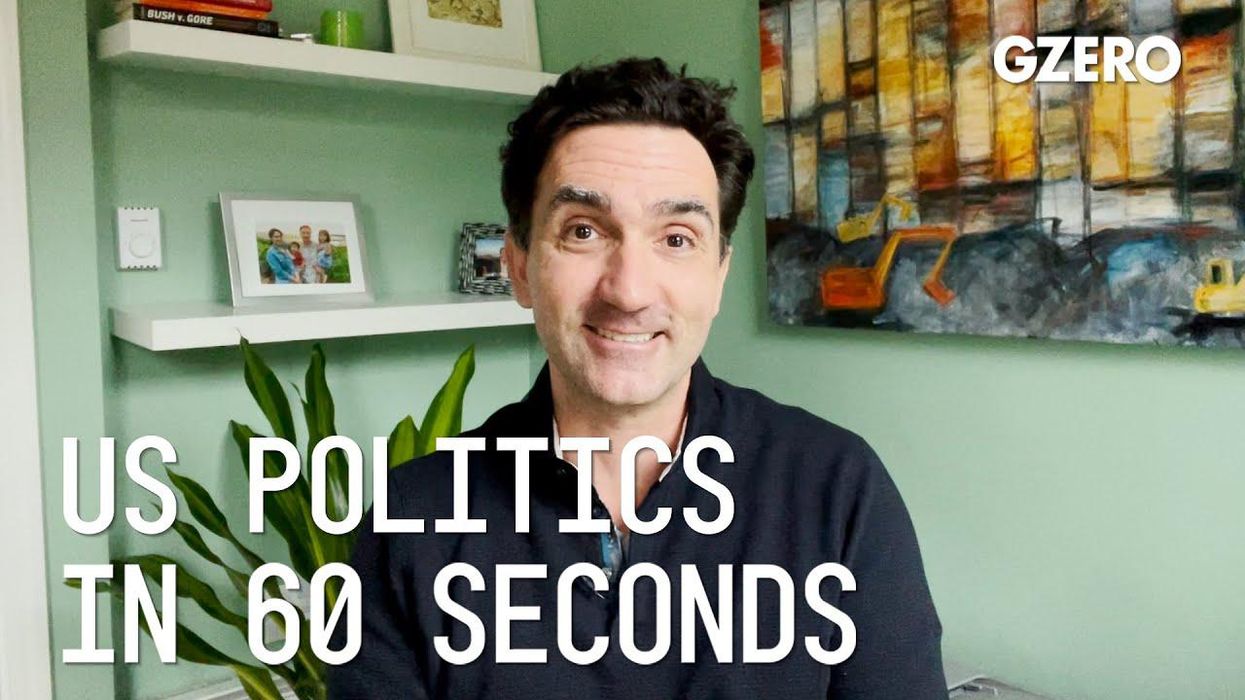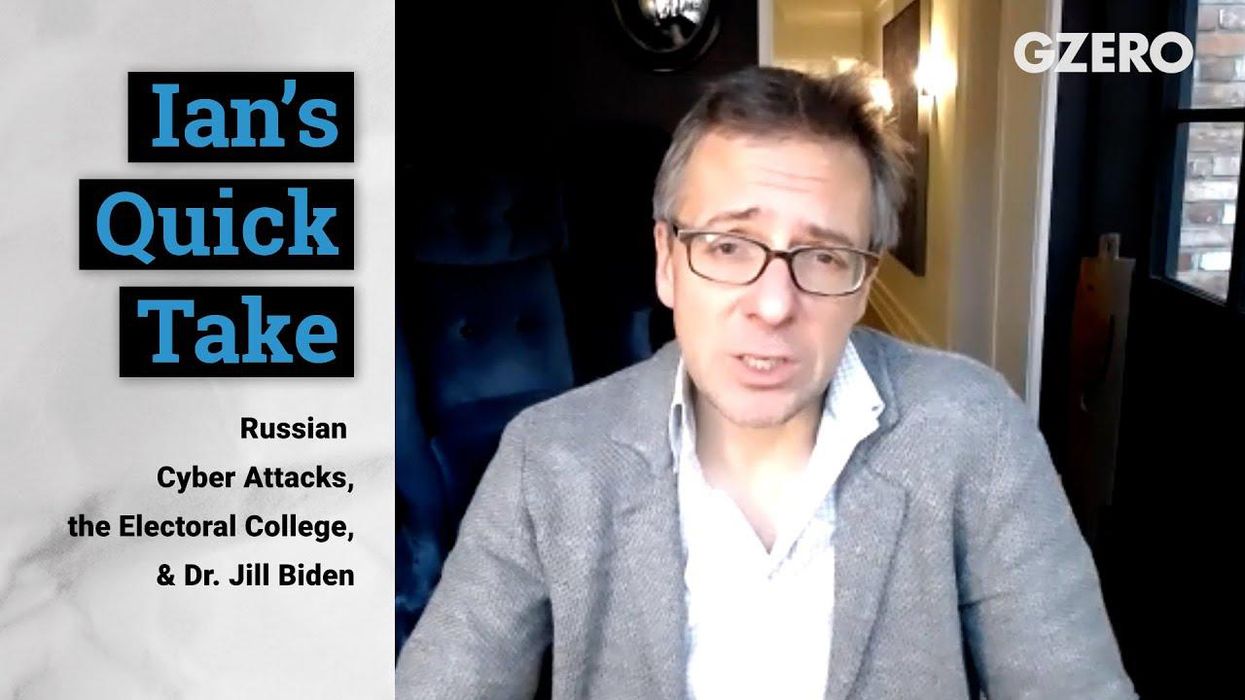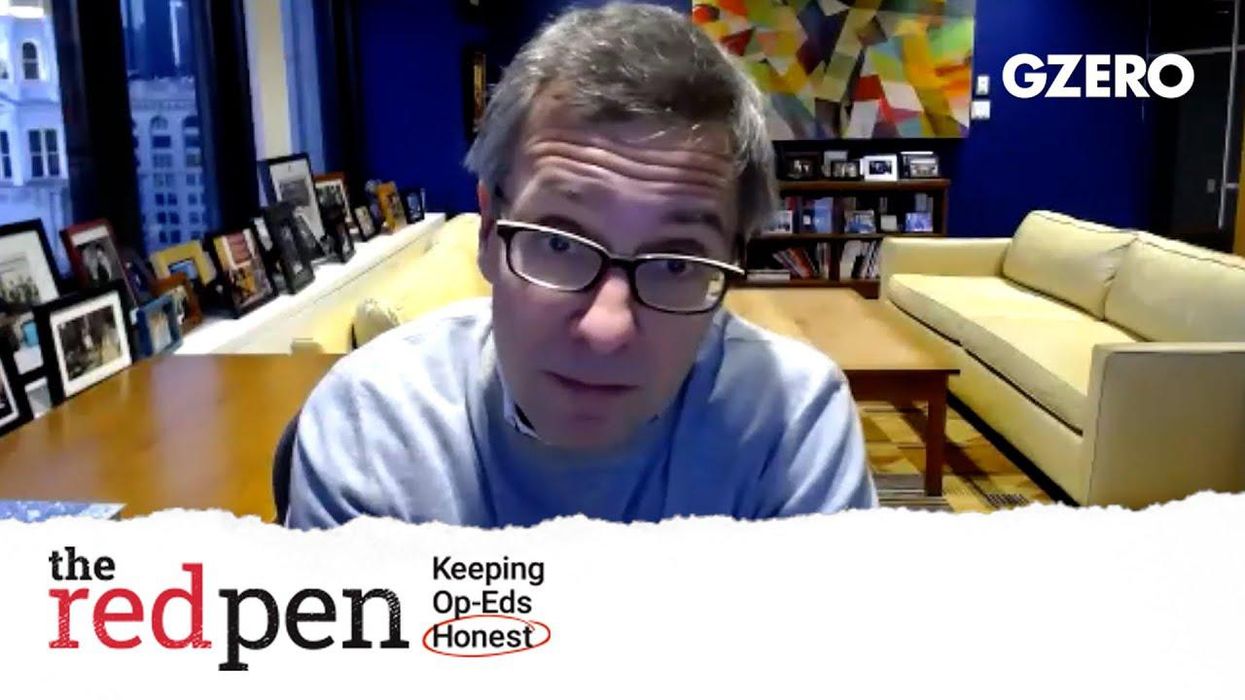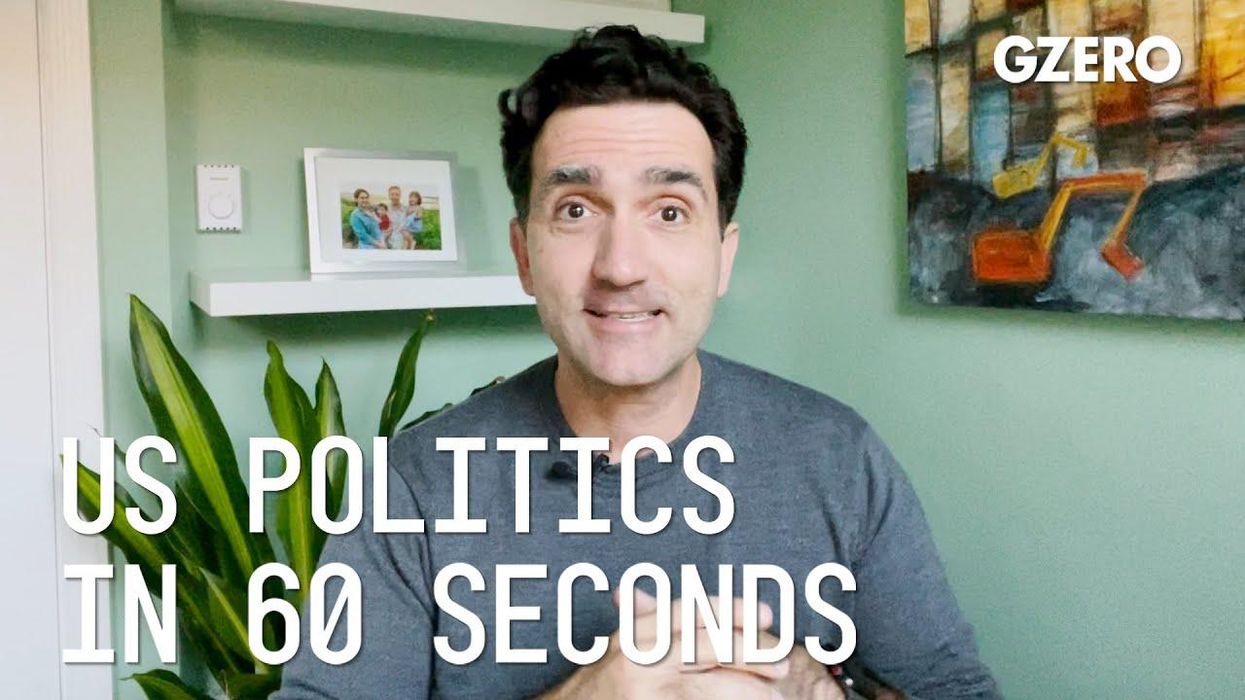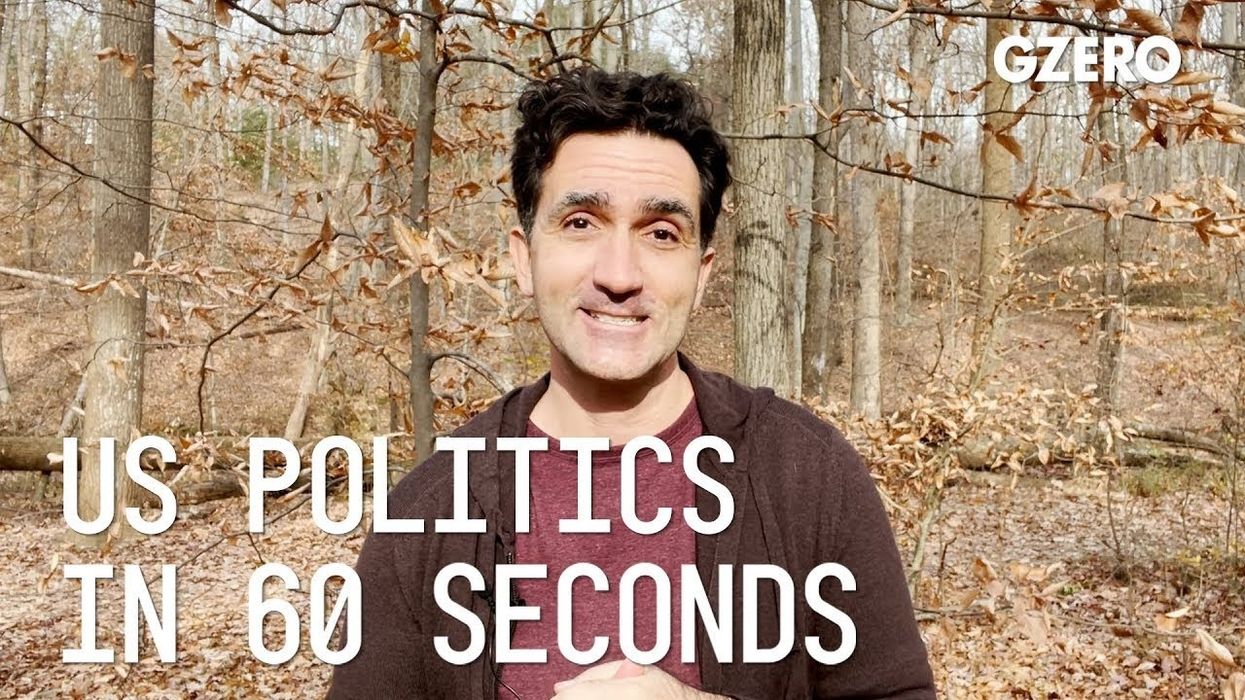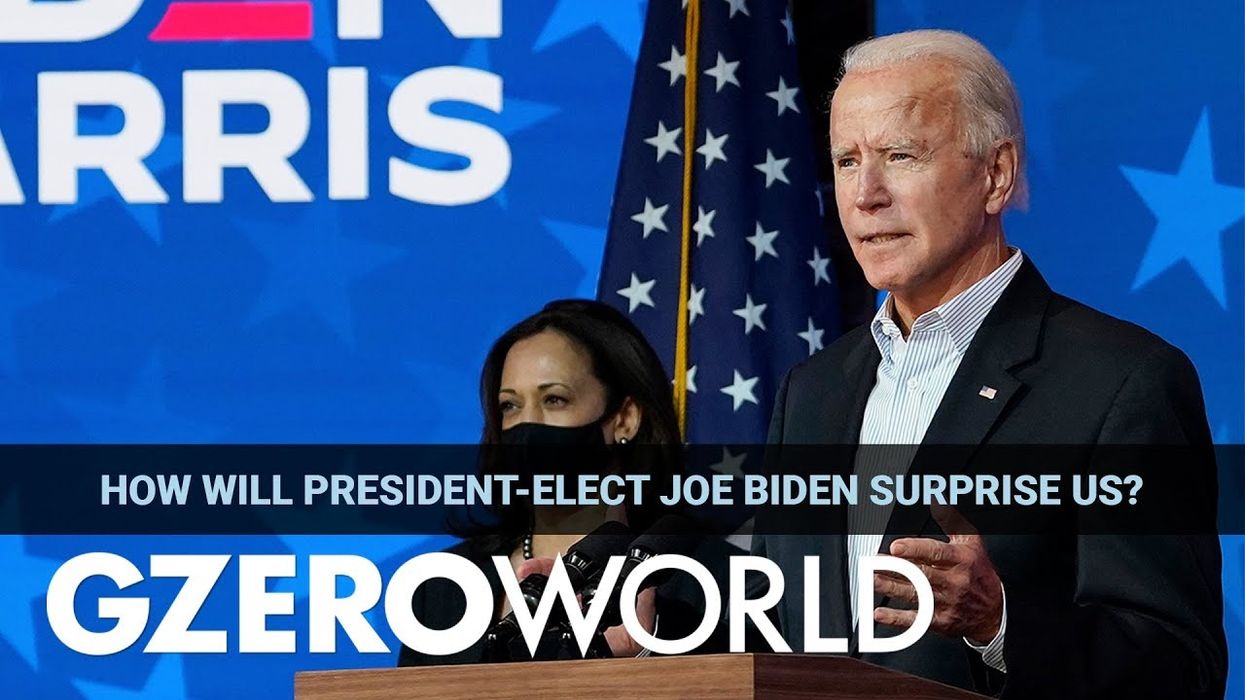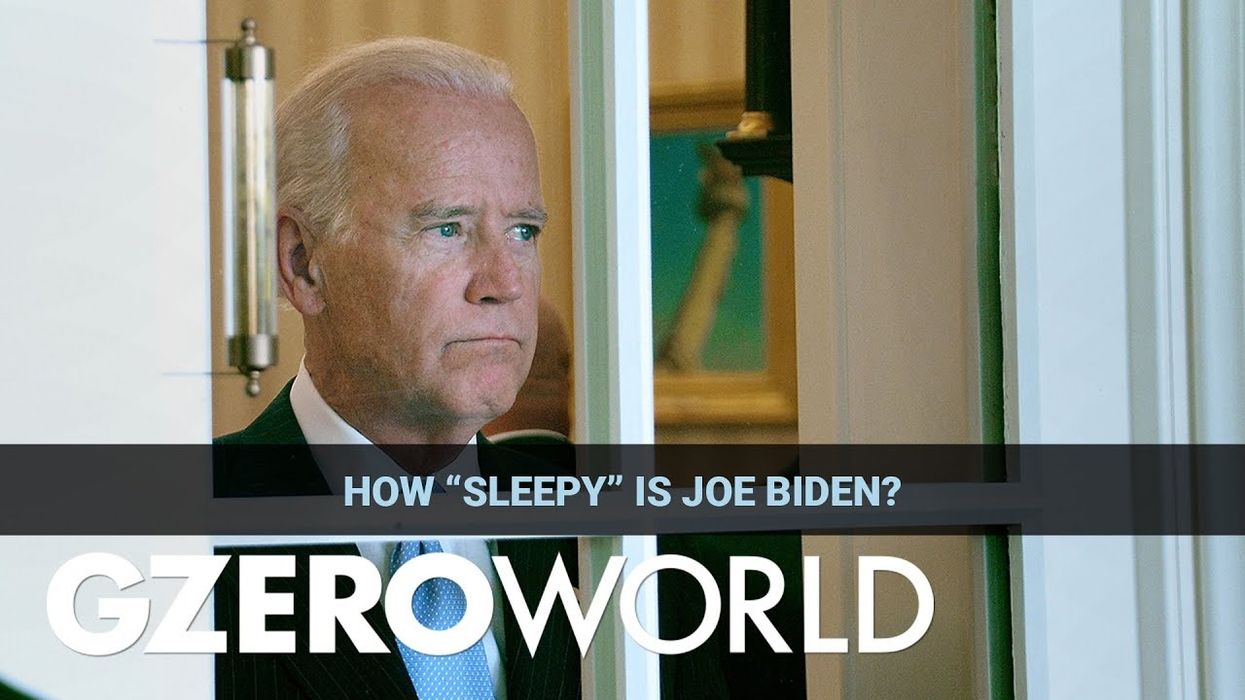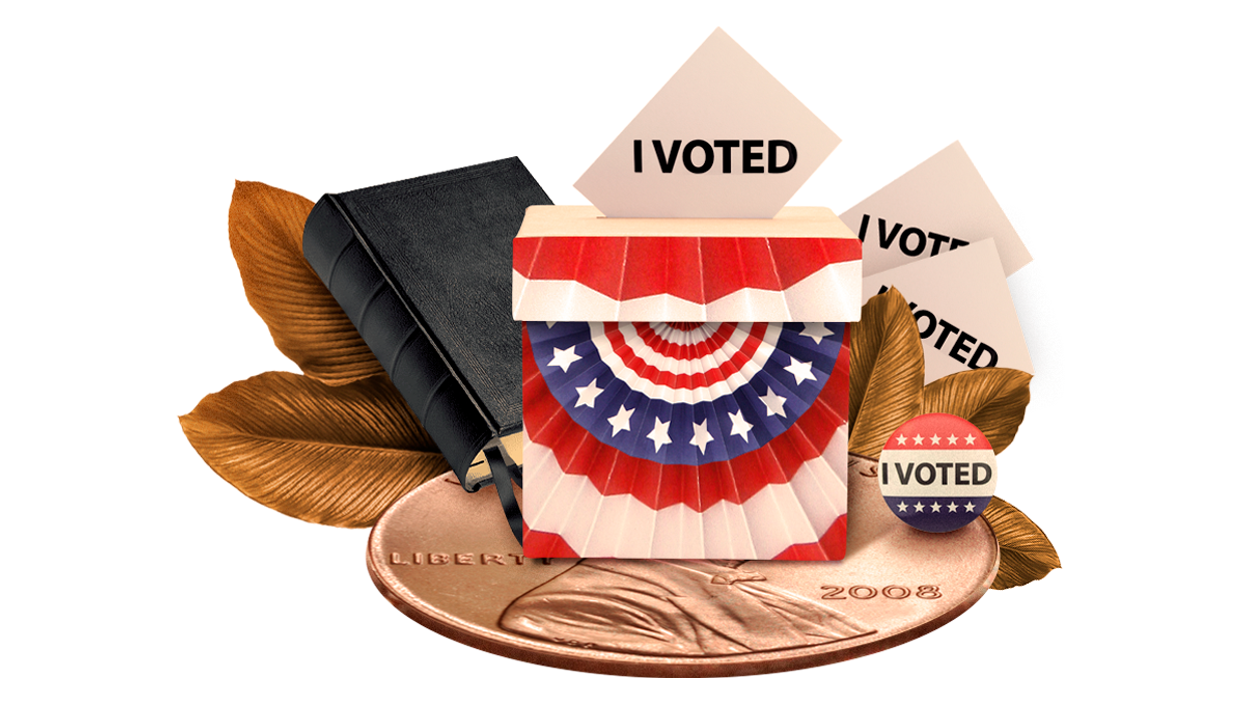US Politics In 60 Seconds
Trump will use election fraud claims to stay relevant through 2021
Get insights on the latest news in US politics from Jon Lieber, head of Eurasia Group's coverage of political and policy developments in Washington:
The Electoral College has voted. Why is Trump still refusing to acknowledge defeat? Why is Attorney General William Barr resigning? How will the US respond to recent Russian cyber attacks?
Dec 16, 2020
